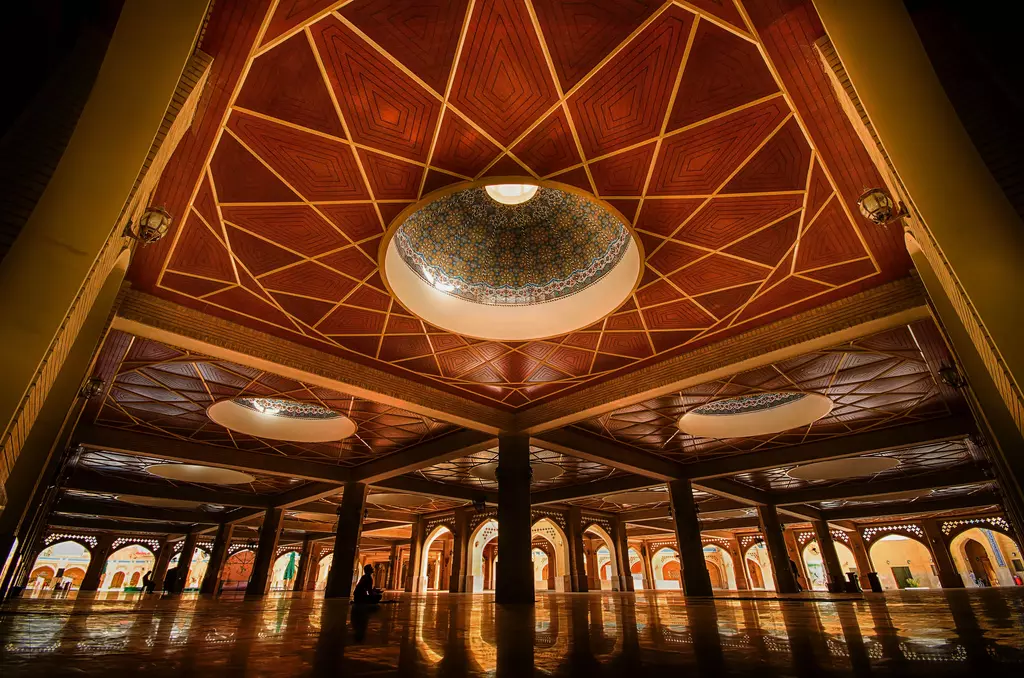Sayyid Idris Mosque

- The Sayyid Idris Mosque in Baghdad, Iraq, is an important historical and religious site that holds deep significance for the city's Islamic heritage. Located in one of Baghdad’s older districts, this mosque is named after Sayyid Idris, a revered figure believed to be a descendant of the Prophet Muhammad. The mosque is not only a place of worship but also a symbol of Baghdad’s rich Islamic history, reflecting the city's long-standing tradition of religious scholarship and devotion.
- Architecturally, the Sayyid Idris Mosque features traditional Islamic design elements, including a large central dome, elegant arches, and intricate Arabic calligraphy adorning its walls. The mosque’s minaret stands as a striking landmark, calling the faithful to prayer five times a day. Inside, the prayer hall is designed to provide a peaceful and spiritual atmosphere, with beautifully decorated mihrabs (prayer niches) and ornate chandeliers that enhance its sacred ambiance. The mosque’s courtyard is often a gathering space for worshippers, particularly during major Islamic events such as Ramadan and Eid celebrations.
- The Sayyid Idris Mosque has long been a center for religious learning and community engagement. Scholars and imams have historically used the mosque as a place to teach Quranic studies, Islamic law (fiqh), and Arabic literature. Many devout followers visit the mosque not only for daily prayers but also for spiritual guidance and religious discussions. Over the centuries, it has remained an integral part of Baghdad’s Islamic culture, attracting both local worshippers and visitors interested in exploring the city’s religious heritage.
- Despite the political and social changes that Baghdad has experienced, the Sayyid Idris Mosque continues to be a significant spiritual and historical site. Its preservation reflects the resilience of Iraq’s religious traditions and the city's commitment to safeguarding its Islamic landmarks. For visitors, the mosque offers a glimpse into Baghdad’s enduring spiritual legacy and its role as a historic center of Islamic civilization.
